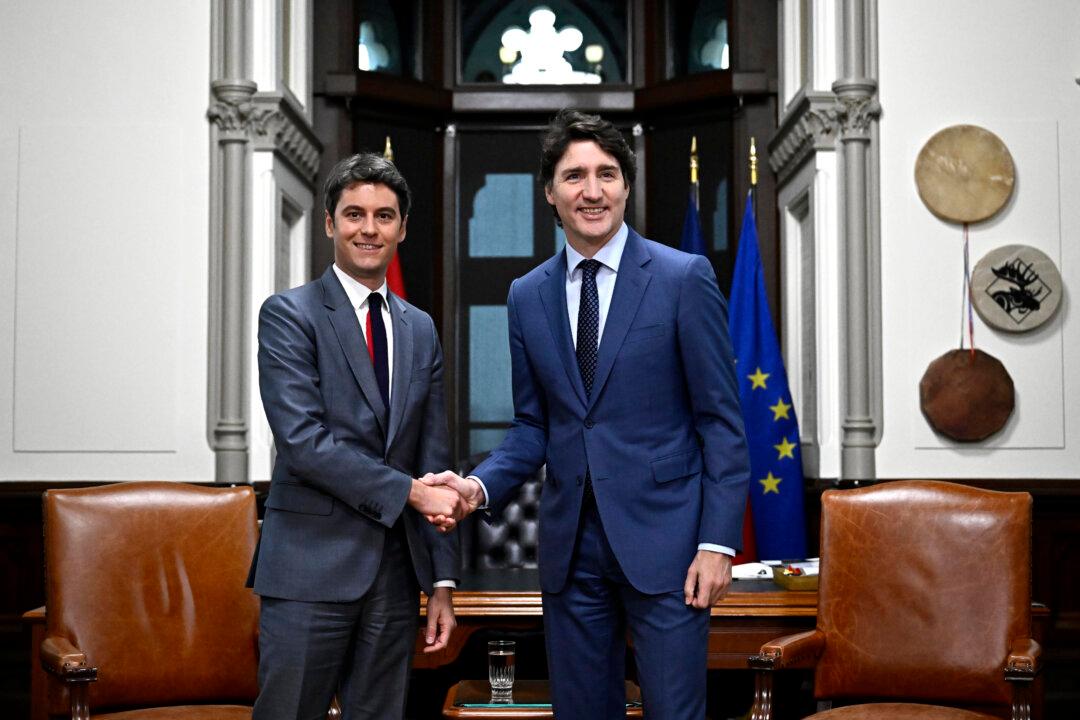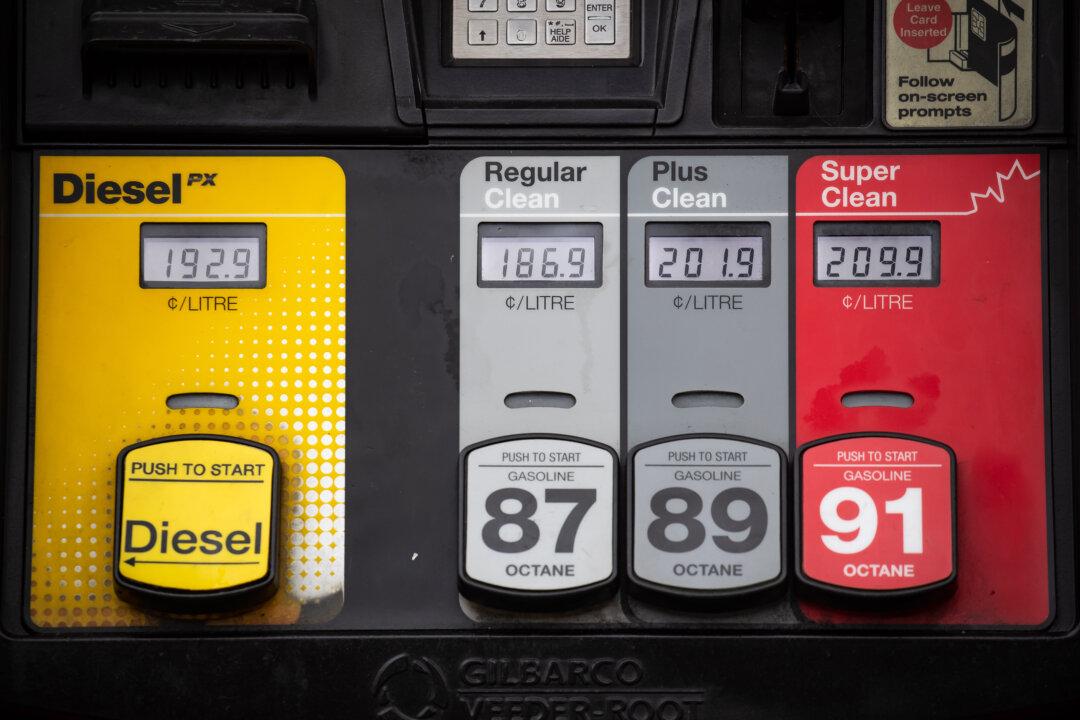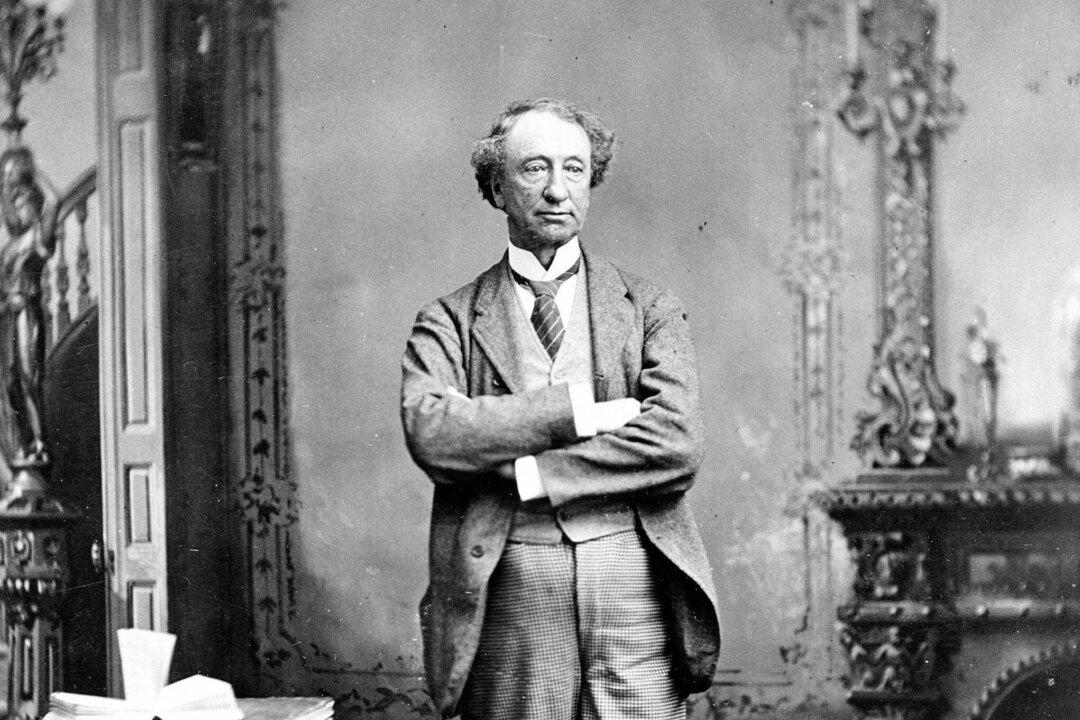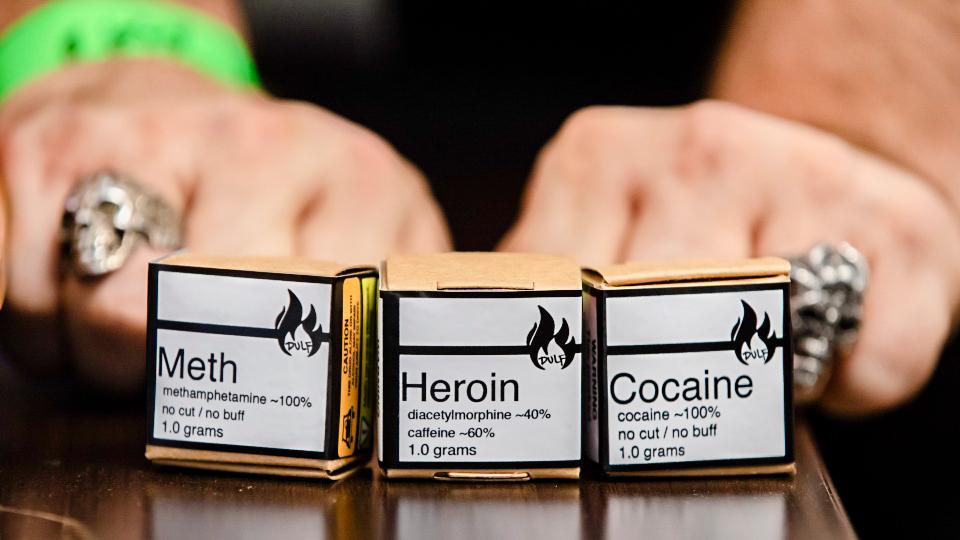Prime Minister Justin Trudeau and French Prime Minister Gabriel Attal have renewed a joint pledge on climate and environmental policies.
The renewal of the “Canada–France Climate and Environment Partnership,” represents a “shared commitment to supporting the fight against climate change by promoting and implementing the Paris Agreement,” said a statement from Ottawa.





